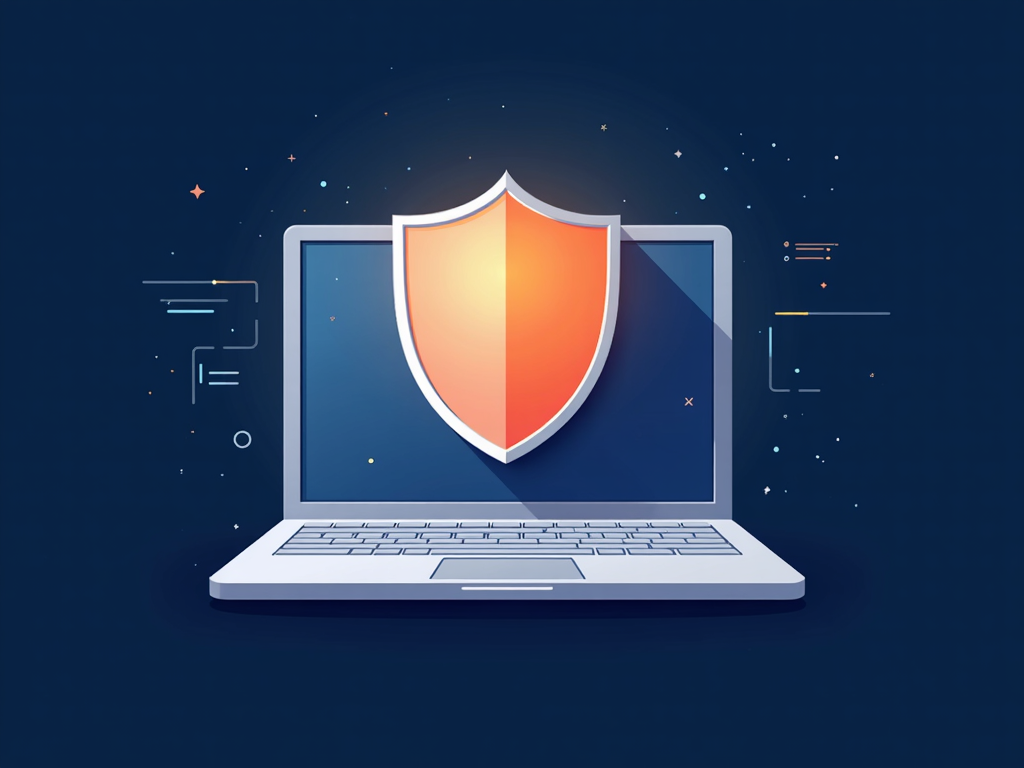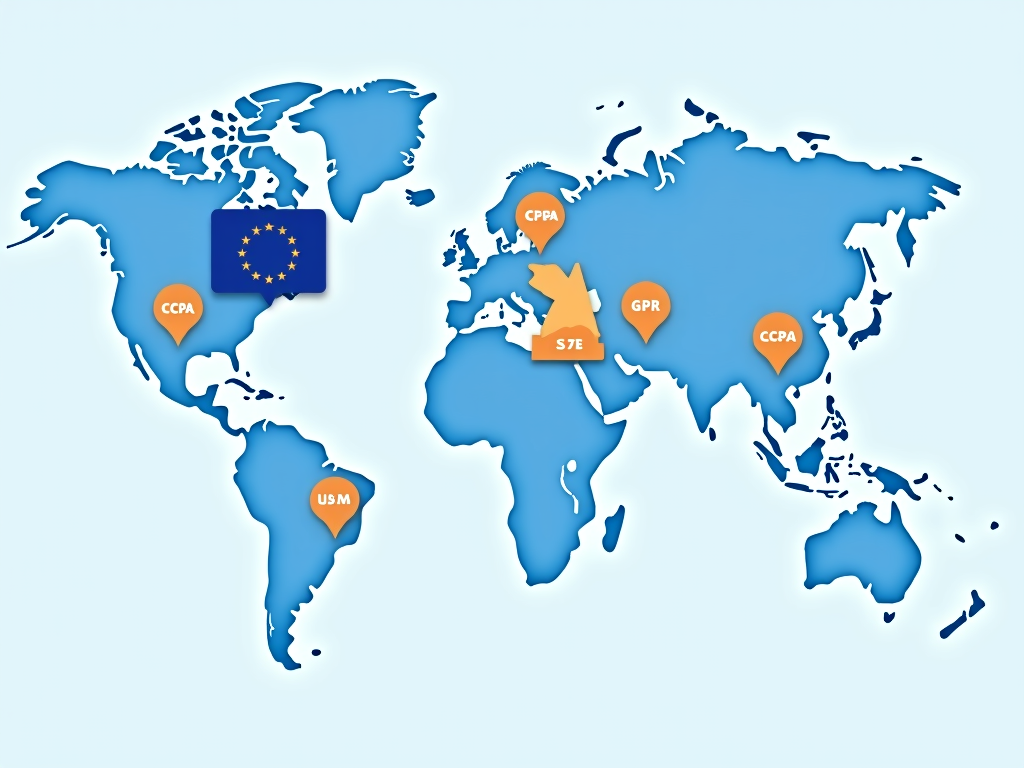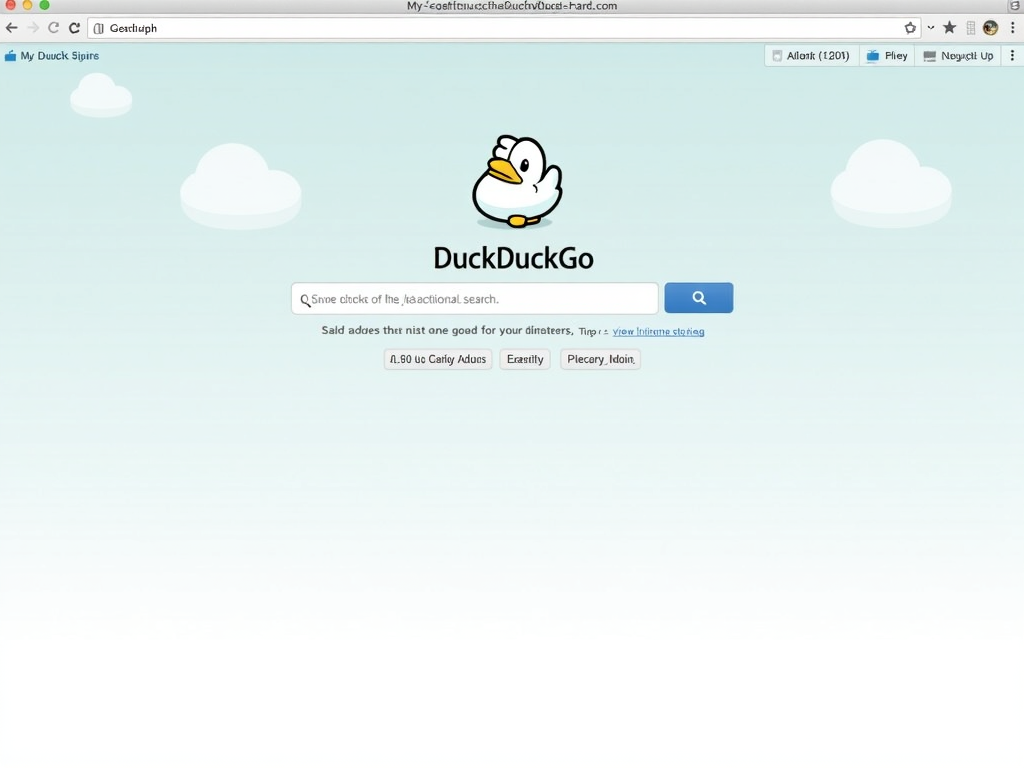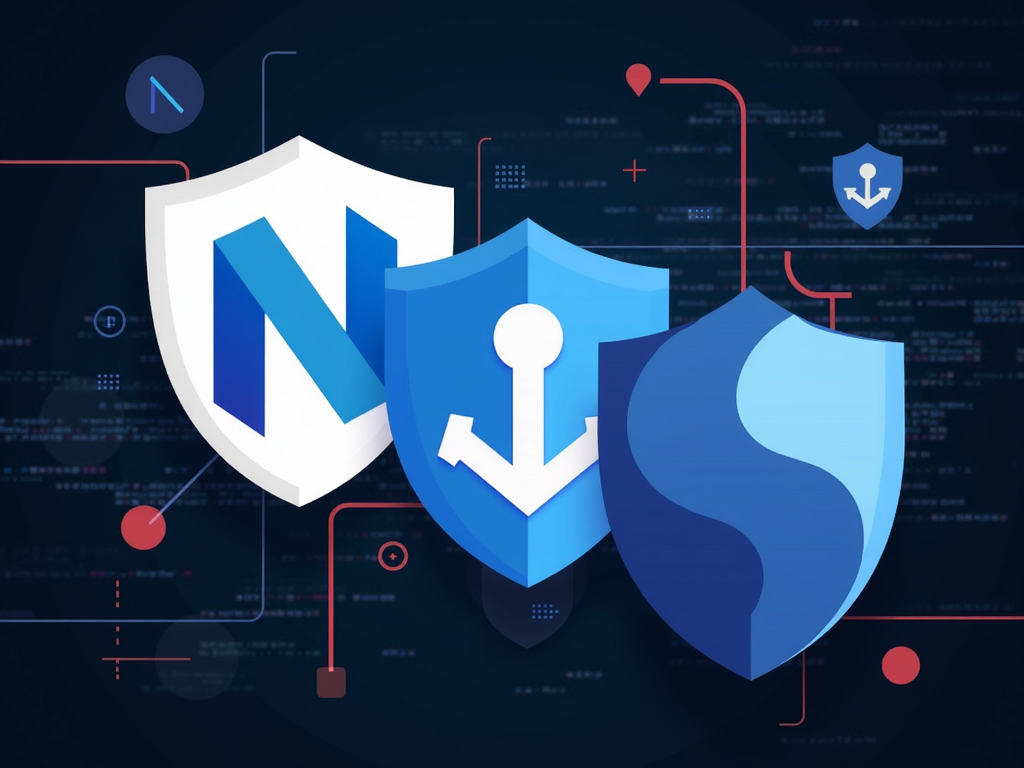Understanding Online Privacy Laws: A Beginner’s Guide
Overview
Online privacy laws might sound complicated, but they’re just rules to keep your personal info safe online. This guide makes it easy to understand what they are, why they matter, and how to protect yourself. Expect simple explanations, personal tips, and practical tools to get started.

What Are Online Privacy Laws?
Online privacy laws are like a shield for your digital life. They’re rules that control who can take your personal information—like your name, email, or browsing habits—and what they can do with it. These laws give you rights, like knowing what data companies have about you or asking them to delete it.
For example, the General Data Protection Regulation (GDPR) in Europe is one of the toughest. It says companies need your permission to collect data. In the U.S., the California Consumer Privacy Act (CCPA) lets Californians opt out of having their data sold. When I first dug into these laws, I was amazed at how much control they can give us—if we know how to use them.
Understanding online privacy laws isn’t just for tech experts. It’s for anyone who uses the internet. I used to think my data didn’t matter much, but then I saw how companies use it to track me. That’s when I started paying attention to these laws—and you should too.

Why Online Privacy Matters
You might wonder, 'Why care if I’m not doing anything wrong?' I get it—I felt the same way once. But privacy isn’t about hiding secrets; it’s about controlling who knows what about you. Imagine someone watching every click, purchase, or message you send. That’s what’s at stake.
A Pew Research Center study found that 79% of Americans worry about how companies use their data. It’s not just businesses—hackers and even governments can peek in if your info isn’t protected. Online privacy laws set limits and give you power to fight back.
For me, the wake-up call came when I saw ads for things I’d only talked about—not even searched. It creeped me out. That’s when I realized privacy laws aren’t just rules; they’re tools to keep our digital lives ours.

Major Online Privacy Laws to Know
Here are some big players in online privacy laws:
- GDPR: Europe’s law that makes companies ask before grabbing your data. You can also demand they erase it.
- CCPA: California’s version, letting you see what companies know about you and stop them from selling it.
- COPPA: A U.S. law protecting kids under 13. Companies need parents’ okay to collect their info.
These laws keep changing. The GDPR kicked off in 2018, and now other places are copying it. Staying in the loop helps you use them to your advantage.
I once helped a friend use the CCPA to find out what a shopping site knew about her. She was shocked—they had her address, purchases, even her favorite colors! It’s eye-opening to see what’s out there.

How to Protect Your Privacy Online
Laws are great, but you’ve got to take action too. Here’s what works for me:
- Strong Passwords: Mix letters, numbers, and symbols. Don’t reuse them.
- Two-Factor Authentication (2FA): Adds a second step, like a code texted to your phone.
- Avoid Public Wi-Fi for Sensitive Stuff: It’s easy for others to snoop on open networks.
- Use Privacy Tools: Things like VPNs or private search engines help a ton.
These steps are simple but powerful. I started with passwords and 2FA, and it’s like locking your digital front door.
One tool I swear by is DuckDuckGo. It’s changed how I browse, and it’s worth a closer look.

DuckDuckGo: Beyond the Search Engine
DuckDuckGo isn’t your average search engine. It doesn’t track you like Google does. No saving your searches, no targeted ads, no selling your info. It’s all about keeping your online moves private.
I switched to DuckDuckGo a few years back. At first, I missed Google’s convenience, but then I noticed something—no more ads chasing me around. It’s refreshing. They’ve also got a browser and email protection now. It’s a solid first step for anyone wanting more privacy.
A study from Princeton University showed how much trackers follow us online. DuckDuckGo cuts that noise out. It’s not perfect, but it’s a game-changer for me.

The Future of Online Privacy Laws
Online privacy laws are growing up fast. More countries are stepping up with rules like the GDPR. In the U.S., there’s buzz about a national law to match. It’s exciting to see the shift—people are demanding more control.
Tech is evolving too. Things like blockchain could make tracking harder. Companies face pressure to be upfront about data use. I think we’re heading toward a world where privacy is the norm, not the exception—but we’ve got to keep pushing.
I’ve seen this shift myself. Friends who never cared about privacy are now asking about VPNs. Awareness is growing, and that’s a big deal.

Top Privacy Tools for Secure Browsing
Want to level up your privacy? Try these:
| Tool | What It Does | Why I Like It |
|---|---|---|
| NordVPN | Encrypts your connection | Fast and reliable |
| Brave Browser | Blocks trackers and ads | Speeds up browsing |
| Signal | Encrypts messages | Super secure chats |
| LastPass | Manages passwords | Keeps them safe |
I’ve used NordVPN for years—especially on public Wi-Fi. It’s like an invisibility cloak for your internet.
Mixing these tools with privacy laws gives you a strong defense. It’s not hard once you start.

Summary
Online privacy laws protect your info and give you control in the digital world. From GDPR to CCPA, they set the rules. Tools like DuckDuckGo and NordVPN help you take charge too. Privacy matters—it’s your space. Stay informed, use smart tools, and you’ll browse safer.